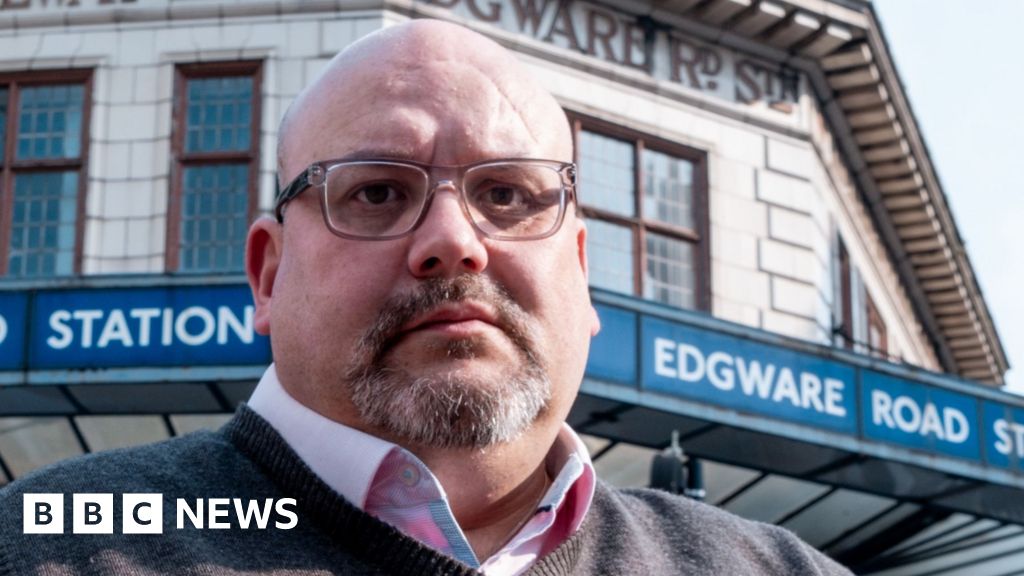The quest for lost Bitcoin treasures has captivated the crypto world for years, with one story standing out above all others. A Welsh computer scientist’s 12-year search for a discarded hard drive containing 8,000 Bitcoins – now valued at €649 million – has become legendary in digital currency circles. After facing numerous legal and environmental hurdles, his persistence has culminated not in the recovery of his fortune, but in something perhaps more lasting: the documentation of his extraordinary journey.
The accidental disposal of a digital fortune
In 2013, an ordinary day turned catastrophic for James Howells, a Welsh IT technician from Newport. While organizing his workspace, Howells inadvertently discarded a hard drive containing the private keys to 8,000 Bitcoins. At that time, the cryptocurrency existed in relative obscurity, with each coin worth only a few hundred dollars.
What seemed like a minor mishap quickly evolved into one of the most expensive mistakes in cryptocurrency history. As Bitcoin’s value skyrocketed over the years, Howells watched helplessly as his discarded fortune grew from an initial value of $8 million to a staggering €649 million today.
The reality of this situation exemplifies how modern technology can dramatically alter our lives, sometimes through a single action. Howells’ experience serves as a cautionary tale about the vulnerability of digital assets and the permanent consequences of momentary decisions.
This incident highlights several critical aspects of cryptocurrency ownership:
- The irreversible nature of lost private keys
- The vital importance of secure backup systems
- The dramatic price volatility of digital currencies
- The physical vulnerability of digital wealth
High-tech recovery attempts at the landfill
Determined to recover his buried treasure, Howells developed increasingly sophisticated strategies to search the Newport landfill. His proposals included deploying AI-powered drones and specialized robots to sift through thousands of tons of waste. These ambitious plans were designed to minimize environmental impact while maximizing the chances of locating the needle-in-a-haystack hard drive.
Despite offering to personally finance the entire operation and share a significant portion of the recovered funds with the local community, Howells encountered an immovable obstacle: the Newport City Council. Municipal authorities consistently denied access to the landfill site, citing substantial ecological concerns including potential toxic gas releases and groundwater contamination.
The technological challenges of the search were equally daunting. After more than a decade buried under mountains of waste, experts questioned whether the hard drive could have survived intact. Much like how technology often presents unexpected problems, the recovery effort faced both physical and digital hurdles.
| Locating exact disposal position | Grid mapping and historical waste records | Inconclusive |
| Searching massive waste volume | AI-powered sorting robots | Permission denied |
| Environmental concerns | Controlled excavation protocols | Rejected by authorities |
| Hard drive degradation | Specialized data recovery techniques | Never reached testing phase |
Legal barriers to the treasure hunt
The legal framework surrounding landfill ownership created additional complications. Under British law, items discarded in landfills legally become property of the site, and excavation activities face strict regulatory oversight. Howells’ repeated appeals met consistent rejection, culminating in a 2024 court ruling where a British judge deemed his chances of success practically nonexistent.
This legal defeat effectively marked the end of Howells’ recovery attempts, forcing him to accept the loss of his digital fortune. The case illustrates how traditional legal frameworks struggle to address novel questions of digital property rights in the cryptocurrency era.
From financial tragedy to documentary subject
While the physical search for the hard drive has ended, James Howells’ remarkable story has found new life in another medium. American production company LEBUL has acquired rights to create a documentary series chronicling his extraordinary quest. Titled “The Buried Bitcoin: The Real-Life Treasure Hunt of James Howells,” this production promises to employ cutting-edge special effects to recreate his twelve-year journey.
For Howells, this documentary represents an opportunity to share his complete experience with a global audience. “This is the first time I’ve really been able to show what we wanted to do on the landfill site,” he explained, adding that despite setbacks, he hasn’t abandoned hope entirely.
The documentary, scheduled for completion by late 2025, transforms Howells’ personal catastrophe into a compelling narrative about technology, wealth, and perseverance. It captures both the technical aspects of his recovery attempts and the emotional toll of watching a potential fortune remain tantalizingly out of reach.
Modern digital mishaps like Howells’ demonstrate why investing in reliable technology storage solutions has become increasingly crucial as more wealth exists solely in digital form.
The lasting impact of a lost digital fortune
James Howells’ story transcends a simple tale of lost wealth to become a powerful cautionary narrative for the digital age. His experience serves as a stark reminder of how quickly fortunes can materialize and vanish in the cryptocurrency ecosystem, where access depends entirely on digital keys rather than physical assets.
Beyond its financial dimensions, this saga demonstrates remarkable human resilience. Despite experiencing what most would consider a devastating personal tragedy, Howells has transformed his misfortune into a globally recognized story with educational value for cryptocurrency enthusiasts and casual observers alike.
While the Newport landfill may forever hold its buried digital treasure, the legacy of this modern-day hunt extends far beyond physical recovery. It has become a contemporary legend – one that will continue to resonate as digital currencies further integrate into global financial systems and our collective understanding of what constitutes wealth evolves in the digital age.

About the author
Dr. Kyle Muller
Dr. Kyle Mueller is a Research Analyst at the Harris County Juvenile Probation Department in Houston, Texas. He earned his Ph.D. in Criminal Justice from Texas State University in 2019, where his dissertation was supervised by Dr. Scott Bowman. Dr. Mueller's research focuses on juvenile justice policies and evidence-based interventions aimed at reducing recidivism among youth offenders. His work has been instrumental in shaping data-driven strategies within the juvenile justice system, emphasizing rehabilitation and community engagement.









 English (US) ·
English (US) ·